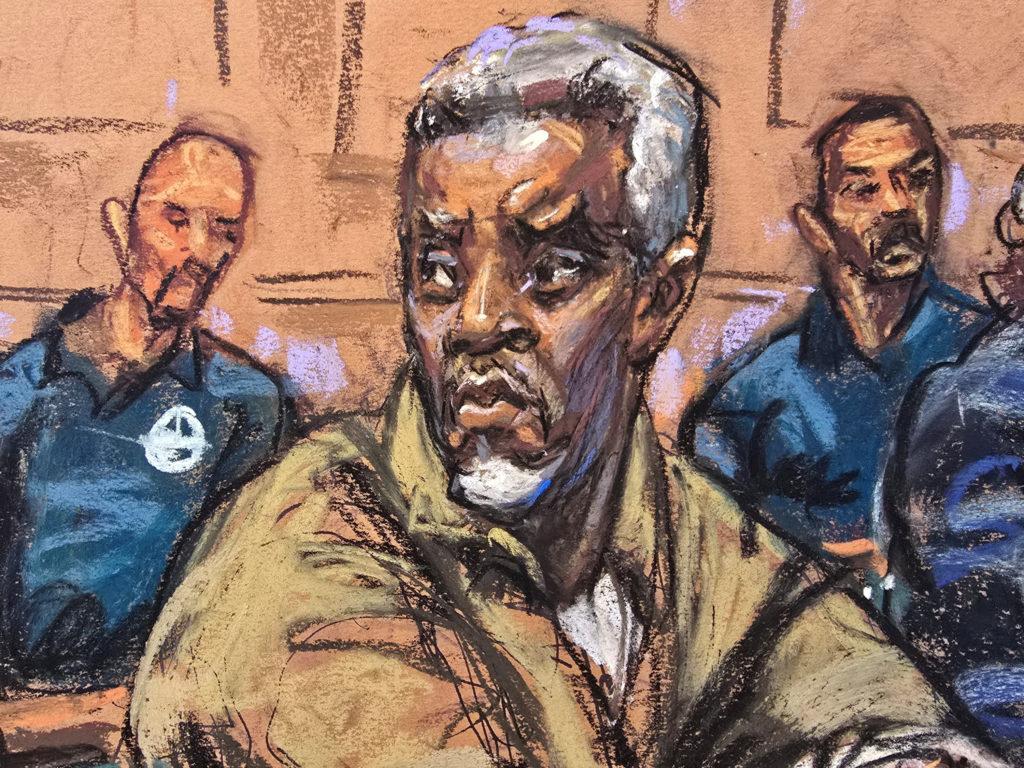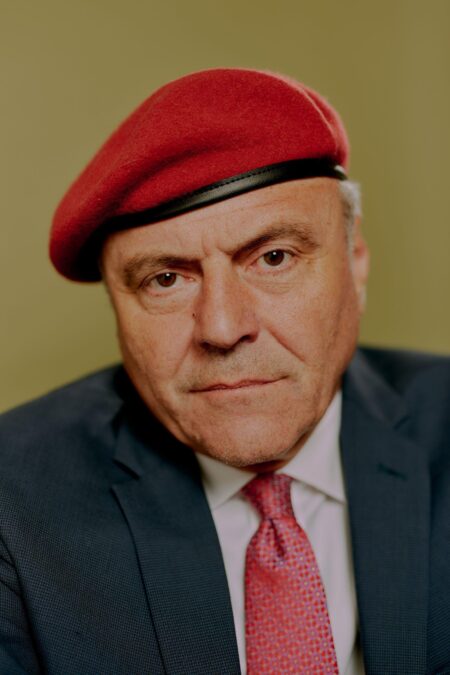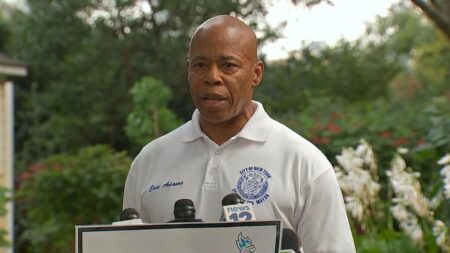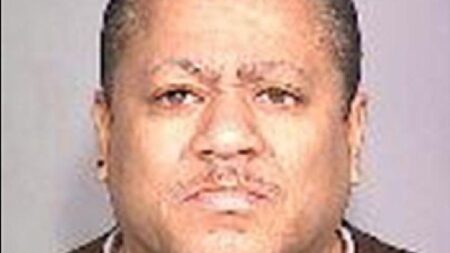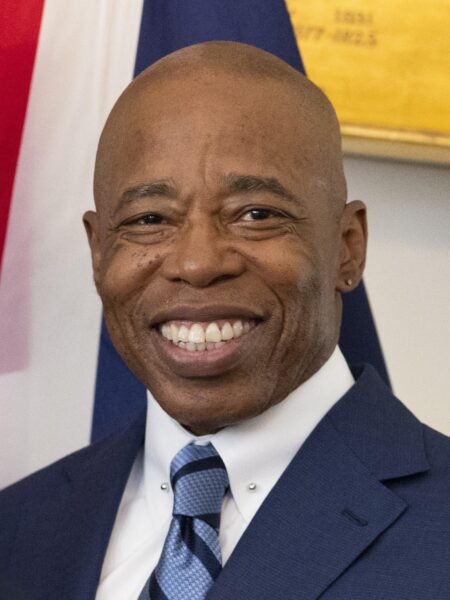Jury Selection Begins in Sean “Diddy” Combs’ Sex Trafficking Trial in New York
The jury selection phase has officially started in a federal court in Manhattan, marking the initial step in the highly publicized legal proceedings against Sean “Diddy” Combs. Given the extensive media attention and the gravity of the charges, the process to identify unbiased jurors is expected to be thorough and exacting. Prospective jurors are being carefully questioned about their prior knowledge of the case, their views on sex trafficking, and any preconceived opinions they may hold. Both prosecution and defense teams are rigorously vetting candidates to ensure a fair and impartial jury is seated.
During this phase, several critical factors are evaluated, including:
- Jurors’ familiarity with Sean Combs and the entertainment sector
- Potential prejudices related to high-profile figures and sex trafficking allegations
- Attitudes toward media coverage and its influence on public perception
- Commitment to basing decisions solely on courtroom evidence and judicial instructions
| Trial Stage | Estimated Length (Days) | Primary Objective |
|---|---|---|
| Jury Selection | 5-7 | Ensuring impartiality of jurors |
| Opening Statements | 1-2 | Presentation of case outlines |
| Evidence Presentation | 10-15 | Examination of witnesses and documents |
| Closing Arguments | 1-2 | Summarizing key points by both parties |
| Jury Deliberation | Variable | Decision-making process |
Core Legal Contentions and Evidence Shaping the Diddy Trial
The upcoming trial is anticipated to revolve around pivotal legal debates, with the defense focusing on undermining the prosecution’s witness credibility. A major point of contention will be the issue of consent, as Combs’ attorneys argue that all interactions were consensual and mutually agreed upon. They are also expected to dispute the timeline and context of the alleged offenses, maintaining that the evidence fails to prove any criminal wrongdoing. On the other hand, prosecutors aim to establish a consistent pattern of coercion and exploitation, supported by testimonies from alleged victims, to demonstrate that Combs orchestrated and facilitated sex trafficking activities.
Key pieces of evidence likely to influence the trial include:
- Audio and video recordings allegedly connecting Combs to trafficking operations
- Statements from former collaborators and victims detailing recruitment and control methods
- Financial documents revealing suspicious monetary flows linked to the alleged scheme
- Expert testimony analyzing behavioral patterns indicative of manipulation and coercion
| Evidence Category | Function | Significance in Trial |
|---|---|---|
| Witness Testimonies | Support trafficking allegations | Crucial; foundational to prosecution’s case |
| Financial Records | Trace illicit financial transactions | Supplementary; reinforces witness accounts |
| Digital Evidence | Show intent and coordination | Highly impactful; direct link to activities |
| Expert Witness Reports | Clarify coercion and control tactics | Supportive; aids jury understanding |
The Trial’s Influence on Celebrity Privacy and Media Responsibility
This high-profile case not only spotlights the judicial process but also intensifies the ongoing debate about the boundaries of celebrity privacy and the ethical responsibilities of the media. The overwhelming public interest has led to exhaustive media coverage, which risks crossing from factual reporting into sensationalism. Celebrities involved in such trials often face involuntary exposure, where rumors and unverified information can circulate widely before facts are confirmed.
Journalists covering the case must navigate the delicate balance between the public’s right to be informed and respecting the dignity and privacy of those involved. The intense media scrutiny can transform the trial into a spectacle, potentially swaying public opinion before the legal process concludes. Key considerations include:
- Increased public scrutiny: Celebrities under legal examination experience heightened observation both publicly and privately.
- Media accountability: Journalistic integrity demands adherence to verified facts to prevent prejudicing the trial.
- Privacy challenges: Personal boundaries are often compromised under relentless media attention.
| Aspect | Potential Consequence |
|---|---|
| Intensity of Media Coverage | Could indirectly affect jury impartiality |
| Public Image of the Celebrity | Subject to rapid and possibly unfair shifts |
| Fairness of Legal Proceedings | Maintaining due process amid media frenzy is essential |
Guidelines for Jurors in High-Profile Trials Within a Media-Driven Landscape
In today’s digital age, where news and social media dominate public discourse, jurors in prominent cases like Sean “Diddy” Combs’ sex trafficking trial face unique obstacles to impartiality. To uphold the integrity of the judicial process, jurors must exercise strict discipline by avoiding exposure to news reports, social media commentary, and public discussions related to the case or the defendant. Their verdicts should be grounded exclusively on evidence presented in court and the judge’s instructions. Ignoring this can jeopardize the fairness of the trial and potentially result in mistrials or appeals.
Jurors can safeguard both themselves and the legal process by adopting the following practices:
- Implement a media blackout: Temporarily refrain from engaging with platforms that cover the trial extensively.
- Report external influences: Immediately inform court officials of any unsolicited information or attempts to sway their opinions.
- Concentrate on courtroom evidence: Avoid forming judgments based on rumors or outside narratives.
| Recommendation | Objective |
|---|---|
| Media Blackout | Prevent external bias from shaping opinions |
| Report Outside Contact | Maintain transparency and trial fairness |
| Focus on Court Evidence | Ensure verdicts are based on verified facts |
Concluding Insights on the Sean “Diddy” Combs Sex Trafficking Trial
As the jury selection phase unfolds in New York City, the spotlight remains firmly on Sean “Diddy” Combs’ sex trafficking case, a trial that has captivated national attention. This stage sets the foundation for a legal confrontation that could have far-reaching consequences not only for Combs but also for the broader entertainment industry’s approach to accountability and justice. Both prosecution and defense are now gearing up to present their arguments and evidence, while the public and media await developments that may redefine conversations around celebrity conduct and legal responsibility.







